Foreign News
From Sudan, the Perils of Bad Manners
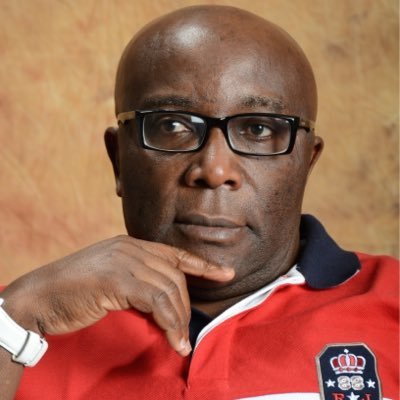
By Chidi Amuta
In a tragic sense, Sudan is somehow lucky. Its leading political figures, who also happen to be combatant generals, have not hidden their differences beneath a façade of mutual deceit. They have instead allowed their differences to blossom into an open bloody confrontation.
When an animosity between two rotten warlords blossoms into a shooting war, it opens the path to either a national meltdown or some kind of settlement. It is either the stronger force subdues the weaker and dictates the terms of a peaceful settlement or an equilibrium of forces is achieved in which case peace through negotiation becomes the only path open to all. In the next couple of weeks, Sudan may have to migrate from the present rage of clashing warlords to a full civil war, yet another in a series since after independence in 1956.
In a little over a week, Khartoum, the capital, has been transformed from a scraggy sprawling city in the sun into the battlefield of an undeclared civil war.
A contest for power supremacy between two corrupt ambitious generals has reopened the window for familiar military adventurism. The bloody rivalry between the two topmost senior military and political leaders has exploded into a real combat situation between factions of the Sudanese military and security forces. War planes, tanks and other weapons of war are being used freely as troops shoot into civilian population centres in Khartoum and beyond.
The raging confrontation is between the forces of General Abdul Fattah al-Burhan, Commander of the Sudanese Army, against those of General Mohamed Hamdan Dagalo, commander of the Rapid Support Force (RSF), a paramilitary security force. Both are semi autonomous forces competing for pre-eminence in the post al- Bashir era. Both men happen to be the topmost political figures, Head and Deputy respectively, in an interim semi military government presiding over the country after a series of shifting power arrangements after the toppling of Omar al Bashir in a 2019 coup led by both men.
Both men also staged a coup that wrested power from the revolutionary civilian coalition of civil society groups whose protests facilitated the ousting of al-Bashir’s three decades of Islamist authoritarianism.
The raging bloody confrontation has degenerated into a blood bath. Casualties have mounted and order has collapsed. Close to 300 deaths have been reported with over 3,500 injured. Most of the victims are innocent civilians and international workers according to independent journalists and observers.
The diplomatic community has been badly hit with United Nations offices and diplomats’ residences openly ransacked and looted. Disturbing cases of open harassment of female diplomats have been reported. Attempts by the international community to broker a cessation of hostilities has led to two failed ceasefires that collapsed within minutes of being announced.
The African Union (AU) has, as usual, been generous with condemnations of the violence with a basket of resolutions and threats, calling on both sides to come to the negotiating table. The United Nations has in turn joined in ritual condemnations of the fighting and its tragic fallouts. Meanwhile, the hostilities are assuming the character and dimensions of a full blown civil war.
The origins and drivers of the resurgent violence in Sudan go beyond a mere interpersonal power tussle between the two very corrupt and ambitious political and military overlords. It goes down to the strategic issues and factors that have always defined the country’s existence and recurrent crises. The primary conflict is that between a growing popular democratic wave and the long standing conservative Islamist power establishment that was the basis of the three decades long Omar al-Bashir hegemony. The pro- democracy forces led the 2018 street protests and revolution that helped topple Omar Al Bashir’s 30 year autocracy remain alive. They had started with agitations and street protests for greater accountability and a better standard of living. Pitted against this nascent populist democratic wave is the conservative Islamist power core of the Sudanese state. The current power structure led by both Generals Hamdani and Dagalo are thinly disguised factions of the al-Bashir regime.
It would be recalled that the popular uprising softened the al Bashir autocracy for toppling by the military. In turn, the two dueling generals staged a coup that upstaged the popular revolution, refusing to cede power to the leadership of the popular movement.
In many ways, a perennial power tussle between factions of the usurping military leaders has become the centerpiece of Sudan’s political life in recent times. It has consistently sidestepped the transition to popular democracy which remains the major issue in the post al-Bashir era. The compromise that legitimized the now crumbling semi military administration remains an attempt to forge a tenuous balance of ambitions between these two dominant forces on the one hand and the popular civil society coalition on the other.
Predictably, therefore, the appearance of uneasy political stability that would lead to the planned democratic elections later in two years was more an appearance than a reality. It has now burst into the bloody confrontation on display in and around Khartoum. It is unlikely that the two dueling generals and their followers will be willing to sheath their swords for as long as they still have forces and formations under their respective command and control. Already, deal to subsume the paramilitary Response Force under the larger umbrella of the Sudanese Armed Forces has fallen apart.
Strategically, Sudan’s peculiarities may escalate the present confrontation. The interplay of internal political interests may be overwhelmed by international conspiracies and interests occasioned by a convergence of Sudan’s strategic location and internal composition.
The United States has always seen Sudan as something of a precarious and suspicious rogue nation that needs to be constantly kept under watch because of its deep Islamic leanings and sporadic terrorist affinities. Sudan was for a long time a hiding place for jihadist terrorist and fundamentalist organizations associated with a long tradition of anti-Western activism.
These range from Yassir Arafat’s temporary refuge in Sudan in the days of the Black September organization. Similarly, al-Queda found refuge in Sudan in its formative years leading President Bill Clinton to send cruise missiles to bomb suspected terrorist havens in Sudan in the run up to the emergence of Osama Bin Laden.
As a result, the two opposing tendencies in the global Islamic world have sought and found allies within the Sudanese political leadership. At different times, Iran and Saudi Arabia as well as their client states and allies in the Middle East have courted different regimes in Sudan. Even now, major interests in the Middle East are tending to support either of the two warring generals. Egypt and Libya have assumed opposing alliances in the ongoing confrontation.
At the present time, the Russians have emerged to further complicate an already complex scenario. They have seen an opportunity in the establishment of a naval base in Sudan as an opportunity to counter long standing US and Western influence in Sudan. Similarly, the Saudi’s remain interested in exploiting the political fluidity in the Sudan to advance their interests. Others like Egypt, Libya and the UAE have of late weighed in in a running jostle for regional influence and pre eminence. Sudan’s neighbours like Egypt, Ethiopia, Eritrea, South Sudan and even smaller African authoritarian regimes all have an interest in the contest for supremacy among Sudan’s ambitious and politicized military leaders.
As it turns out, contrary to the prevalent notion that Sudan is merely a vast arid semi desert country, the country actually contains 10 percent of the arable and fertile land mass of Africa. In addition, it has an abundance of natural resources. Its oil reserves are the main attraction for an increasing Chinese presence in the country. It also has abundant gold and uranium resources in which both its immediate neighbours and major international players are deeply interested. Therefore, there is a convergence of international interest in the current instability in Sudan which may make the confrontation degenerate into a full-blown civil war with deeply interested external players intent on finding lasting foothold.
For the international community especially both the United Nations and the African Union, a quick resolution to the sudden violent eruption in Sudan is now imperative before the parties ossify into combatant footholds with friends abroad. Sudan should be more than a casual engagement. The international community will have to untangle the web of complex interests that are at play in the Sudanese crisis. The Sudan crisis calls for the highest display of diplomatic dexterity to sufficiently assuage the interests and reassure the combatants. A ceasefire leading to dialogue is the only way out. A quick resolution is imperative if the escalating humanitarian tragedy is not to worsen. Most importantly, the challenge in Sudan is first and foremost that of restoring the original sanctity of the civil society coalition that pressured al Bashir out of power.
This should be quickly followed by the restoration of civil authority through a democratic election and return to civil rule. Continuing to sweep the prodemocracy current under the carpet of warlords can only prolong the crisis and plunge Sudan into yet another avoidable civil war. Sudan is boiling from an urgent desire for genuine democracy, not the superficial contest of the huge ego of ambitious war mongers and power oligarchs.
For Nigeria, the evolving tragedy in Sudan has far-fetched repercussions. The United States initiative with its special military mission in AFRICOM will be in peril if Sudan crumbles in an all out civil war. Sudan holds a delicate geographical place in the international effort to contain the spread of jihadist terror in the Sahel.
Happily, the Nigerian political landscape has evolved beyond the point where politicised generals have privatized commands that can be used to hold the nation to ransom. It is perhaps a happier place to be in the hands of rough political entrepreneurs than be caught in a cross fire between armed warlords funded by the state.
Foreign News
Robert Prevost, First US Pope, Appears On The Balcony As Pope Leo XIV
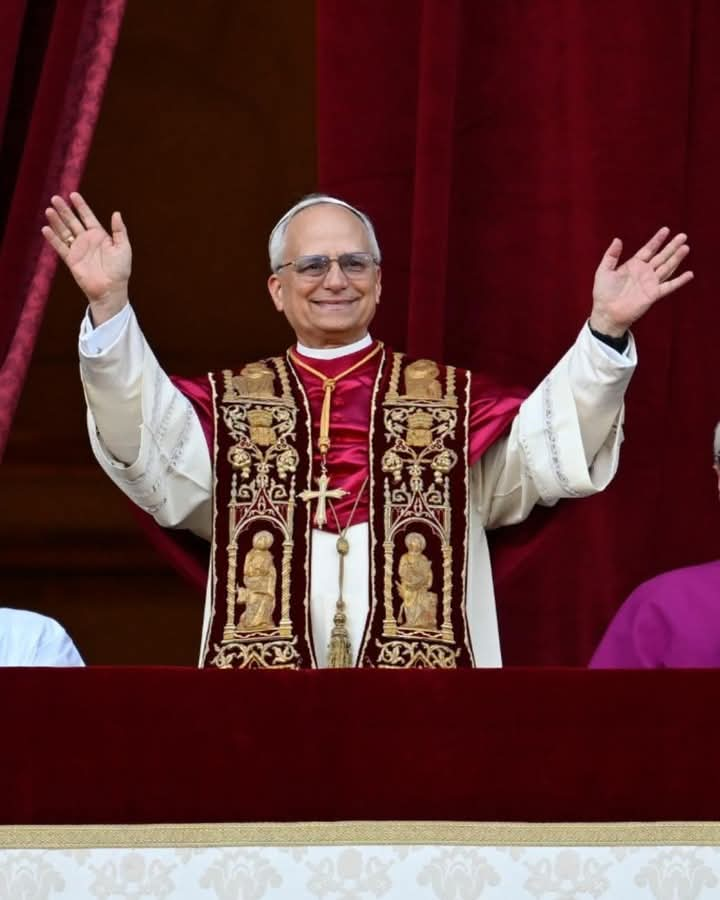
Cardinal Robert Prevost, 69, of the United States has been elected leader of the Catholic Church and will be called Pope Leo XIV.
The leader of the world’s 1.4 billion Catholics appeared on the balcony overlooking St Peter’s Square in the Vatican on Thursday.
He was elected by the secret meeting of cardinals, known as the conclave, in the Sistine Chapel, having secured votes from two-thirds of the eligible electors.
The successful election was indicated by white smoke billowing from a chimney set up on the chapel and the peal of bells from St Peter’s BASILICA.
Pope Leo XIV succeeds Francis, who died on Easter Monday. dpa/NAN) .
Foreign News
UN Must Remain Central to Global Governance
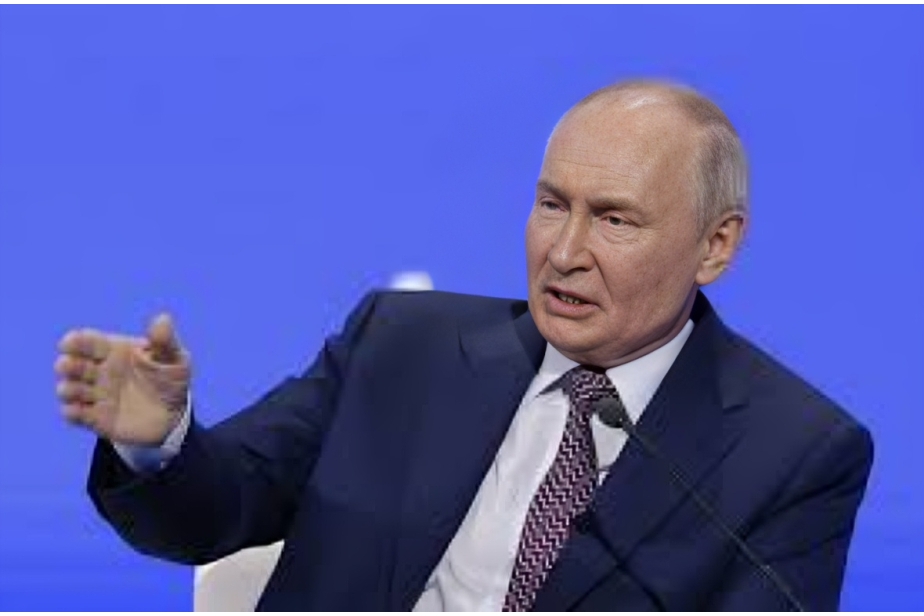
Russian President Vladimir Putin emphasised on Thursday that the United Nations must continue to play a vital role in global affairs, especially as the organisation marks its 80th anniversary.
“Russia and China share the opinion that the UN and its Security Council should continue to play a central role in world affairs,” Putin told reporters following Russian-Chinese talks held at the Kremlin.
Putin noted that both Russia and China pursued independent and autonomous foreign policies and were committed to promoting a fair, multipolar world order.
He also highlighted the countries’ active cooperation within multilateral platforms such as BRICS and the Shanghai Cooperation Organisation (SCO).
Additionally, the Russian president stated that Moscow and Beijing would continue efforts to align integration initiatives between the Eurasian Economic Union (EAEU) and China’s Belt and Road Initiative. (RIA/NAN)
Foreign News
Huawei to Launch 1st HarmonyOS-Powered PCs on May 19

Chinese tech giant Huawei on Thursday said that the first line of its personal computers (PCs) powered by HarmonyOS operating system would be launched on May 19.
The upcoming release would mark a significant expansion of Huawei’s HarmonyOS ecosystem, which already powers its smartphones and tablets.
By launching computers equipped with the country’s first homegrown operating system for the general public, Huawei seeks to challenge the long-standing dominance of Microsoft’s Windows and Apple’s macOS in the PC market.
Huawei’s HarmonyOS-powered computers are the result of five years of research and development.
The company emphasised that the system incorporates strong security features, including a dedicated security chip for encryption, secure access mechanisms and encrypted data sharing.
“The new computers would enable seamless interaction across Huawei devices, allowing users to control and move between the screens of their phones, tablets and computers with a keyboard and mouse.
“HarmonyOS-powered computers support connectivity with over 1,000 external devices and currently have more than 150 dedicated PC applications and over 300 ecosystem-compatible applications,” it said.
HarmonyOS, or Hongmeng in Chinese, is an open-source operating system designed for various devices and scenarios, including intelligent screens, tablets, wearables and cars.
It was first launched in August 2019.
Analysts said that Huawei would have to work harder to attract users in the initial periods, as the mainstream Windows and macOS operating systems offer more mature applications. (Xinhua/NAN)





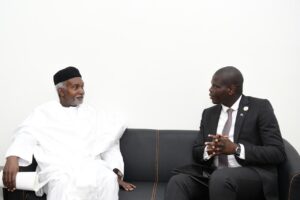

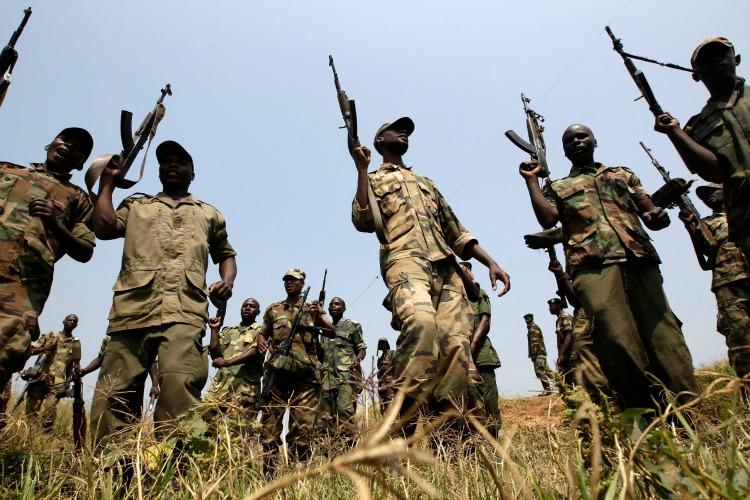
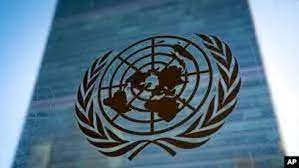




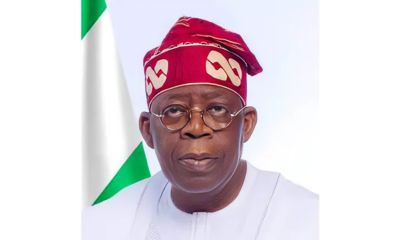

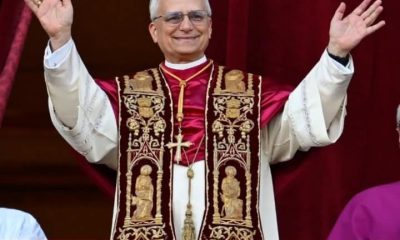




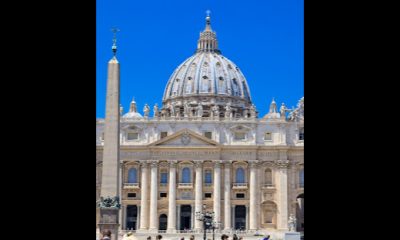







Pingback: Abduction: I-CSPJ Tasks I-GP on Release of Female Journalist in Rivers Daily Asset Online